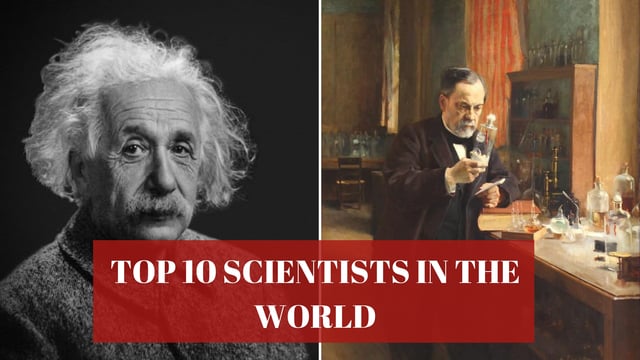Step into the captivating world of scientific brilliance as we take a mesmerizing journey through the lives of the top 10 scientists in the world. From revolutionary discoveries that reshaped our understanding of the universe to groundbreaking inventions that transformed societies, these brilliant minds have left an indelible mark on history. Join us as we delve into their extraordinary lives, unraveling their secrets and shedding light on their awe-inspiring achievements. Prepare to be inspired, amazed, and filled with wonder at the remarkable contributions these legends have made to science and humanity. So sit back, relax, and let’s embark on this exhilarating adventure together! Are you ready? Let’s dive right in!
Sir Isaac Newton
Sir Isaac Newton, a name synonymous with genius and innovation. Born on Christmas Day in 1642, this English physicist, mathematician, and astronomer forever changed the course of scientific inquiry. Newton’s groundbreaking laws of motion laid the foundation for classical mechanics and transformed our understanding of how objects move in relation to one another.
But Newton’s contributions didn’t stop there. His work on gravitational force revolutionized our comprehension of planetary motion. It was his keen intellect that led him to formulate the law of universal gravitation, which states that every particle attracts every other particle with a force directly proportional to their masses and inversely proportional to the square of the distance between them.
In addition to his profound insights into physics and mathematics, Newton also dabbled in optics. He conducted experiments with prisms that revealed light’s composite nature – a discovery that paved the way for advancements in modern optics.
Newton was an exceptional polymath who left an indelible mark on numerous fields of study. His unwavering dedication to unraveling the mysteries of science continues to inspire generations today. Truly, Sir Isaac Newton remains an unrivaled titan among top scientists throughout history!
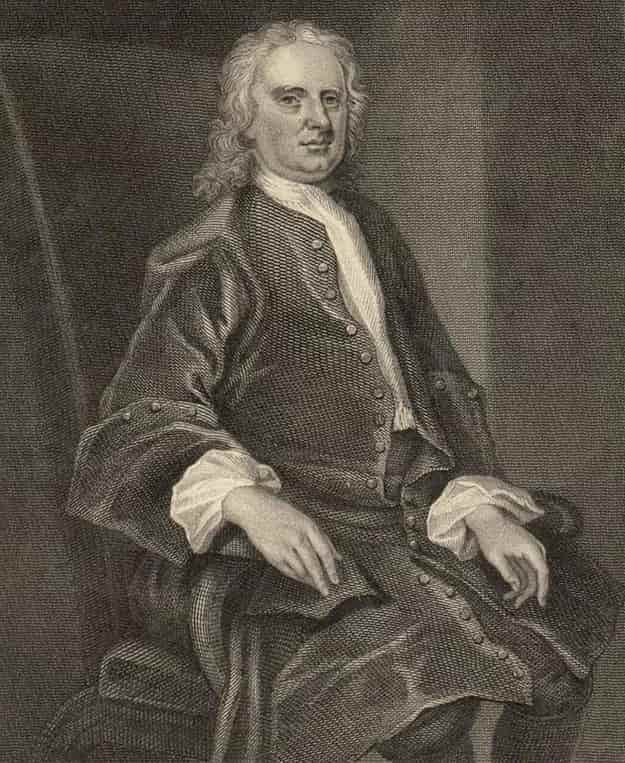
Louis Pasteur
Louis Pasteur, the renowned French chemist and microbiologist, is often hailed as one of the greatest scientists in history. Born in 1822, Pasteur’s groundbreaking discoveries revolutionized our understanding of disease prevention and treatment.
Pasteur’s most significant contribution was his development of the process known as pasteurization. By heating liquids such as milk or wine to a specific temperature, he effectively killed harmful bacteria without altering their taste or quality. This technique has since been widely adopted across various industries to ensure food safety.
In addition to pasteurization, Pasteur also made significant advancements in the field of immunology. He developed vaccines for several diseases including rabies and anthrax, saving countless lives in the process. His work laid the foundation for modern vaccination practices that continue to protect us from deadly illnesses today.
Beyond his scientific achievements, Pasteur was deeply committed to education and research. He established France’s first research institute – the now-famous Institut Pasteur – which remains at the forefront of scientific discovery.
Despite facing skepticism from some within his field during his lifetime, Louis Pasteur’s dedication and unwavering pursuit of knowledge propelled him into becoming one of history’s most influential scientists. His legacy continues to inspire generations of researchers who strive to make groundbreaking discoveries for the betterment of humanity.
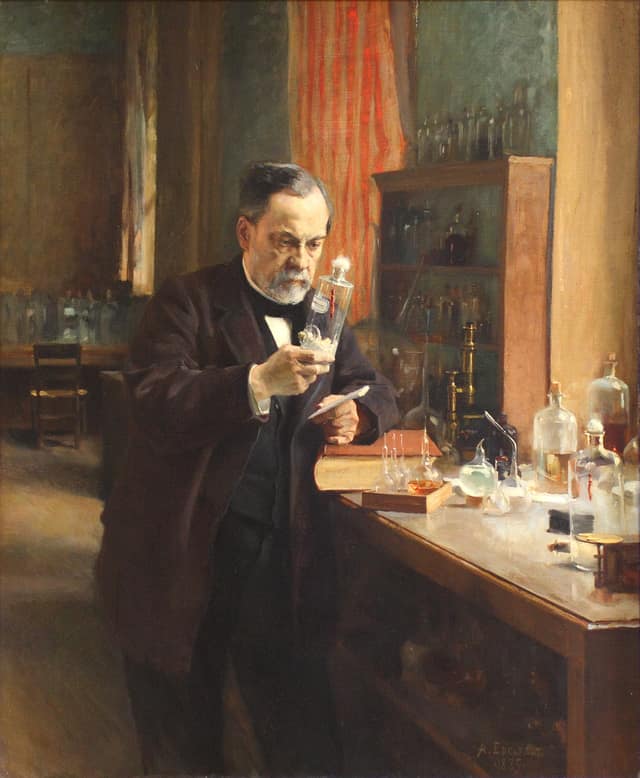
Galileo
Galileo Galilei, one of the most influential scientists in history, was born on February 15, 1564, in Pisa, Italy. He made significant contributions to the fields of physics and astronomy that forever changed our understanding of the universe.
Galileo’s most famous achievement was his development and use of the telescope. With this newfound tool, he observed celestial bodies like never before. He discovered mountains on the moon, moons orbiting Jupiter, and even sunspots on our own star. These observations challenged existing beliefs about Earth being at the center of the universe.
His work didn’t come without controversy though. Galileo faced opposition from religious authorities who saw his ideas as a threat to their beliefs. Despite this resistance, he continued to push boundaries and defend his scientific findings.
In addition to his astronomical discoveries, Galileo also made groundbreaking contributions to physics. His experiments with inclined planes demonstrated that objects fall at a constant rate regardless of their mass—laying the foundation for Newton’s laws of motion.
Today we recognize Galileo as a pioneer in modern science—a true visionary who fearlessly pursued knowledge despite facing criticism and adversity. His legacy lives on through his revolutionary discoveries which continue to inspire future generations of scientists around the world.
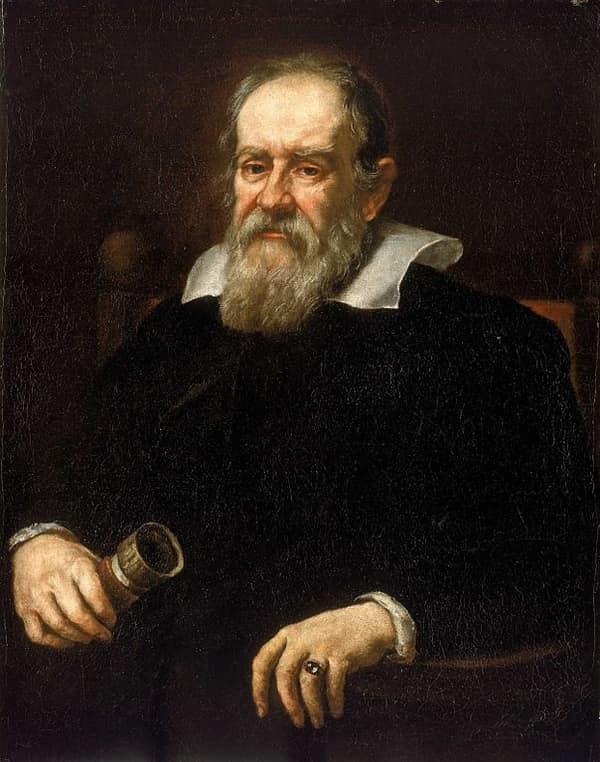
Marie Curie
Marie Curie, a name that resonates with brilliance and groundbreaking discoveries. Born in Poland in 1867, Curie became the first woman to win a Nobel Prize and the only person to have won Nobel Prizes in two different scientific fields. Her contributions to science are immeasurable.
Curie’s most notable work revolved around radioactivity. Alongside her husband Pierre Curie, she discovered two new elements: polonium and radium. This discovery paved the way for further research on radiation and its applications in medicine.
Despite facing numerous challenges as a female scientist in a male-dominated field, Marie Curie never let anything deter her passion for knowledge. She conducted extensive research on radioactive isotopes and their potential uses in cancer treatment.
Curie’s remarkable achievements did not come without sacrifice. The constant exposure to radioactive materials took a toll on her health, leading to her premature death at the age of 66.
Her legacy lives on through the countless lives saved by radiation therapy techniques developed from her pioneering work. Marie Curie remains an inspiration for aspiring scientists around the world, proving that gender barriers can be shattered with determination and intellect.
The impact of Marie Curie’s discoveries is truly awe-inspiring. Her unwavering dedication has left an indelible mark on scientific progress, forever cementing her status as one of history’s greatest scientists.
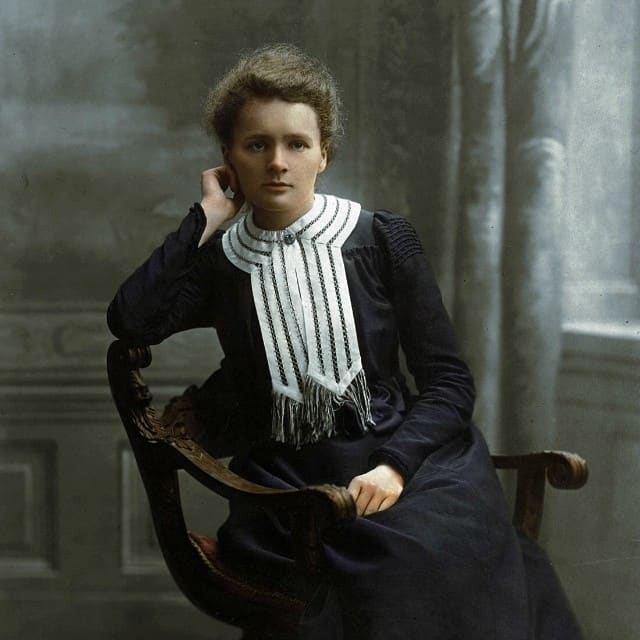
Albert Einstein
Albert Einstein – The Genius Behind the Theory of Relativity
One name that instantly comes to mind when we think about top scientists in the world is Albert Einstein. Known for his groundbreaking contributions to physics, Einstein was a true genius whose work continues to shape our understanding of the universe.
Born in Ulm, Germany in 1879, Einstein developed an early interest in science and mathematics. His theory of relativity revolutionized our understanding of space, time, and gravity. It challenged long-held beliefs and paved the way for new discoveries.
Einstein’s famous equation E=mc² showed that energy (E) is equal to mass (m) times the speed of light (c) squared. This equation laid the foundation for nuclear energy and led to advancements such as atomic power plants.
Beyond his scientific achievements, Einstein was also known for his advocacy on social issues. He spoke out against racism and inequality and was a staunch supporter of civil rights.
Despite facing challenges throughout his life, including fleeing Nazi Germany during World War II, Einstein remained dedicated to pursuing knowledge and pushing boundaries. He received numerous awards for his work but always remained humble about his accomplishments.
Albert Einstein’s brilliance not only transformed our understanding of physics but also inspired generations with his passion for learning and dedication to making a difference. His legacy lives on today through ongoing research inspired by his theories.
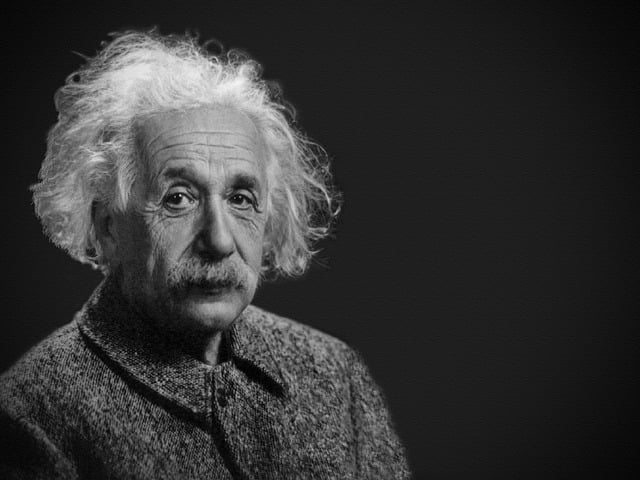
Charles Darwin
Charles Darwin, a name that has become synonymous with the theory of evolution. Born in 1809, this English scientist revolutionized our understanding of the natural world and our place within it.
Darwin’s journey began aboard the HMS Beagle, where he served as a naturalist during a five-year voyage around the world. It was during this expedition that he collected specimens and made observations that would later shape his groundbreaking ideas.
One of Darwin’s most famous works is “On the Origin of Species,” published in 1859. In this seminal book, he presented evidence for evolution through natural selection – the idea that species change over time in response to their environment.
His theory caused controversy and challenged long-held beliefs about creationism. Despite facing criticism from some quarters, Darwin stood by his findings and continued to refine his ideas throughout his life.
Beyond his work on evolution, Charles Darwin also made significant contributions to other scientific fields such as botany and geology. His meticulous research methods set an example for future generations of scientists.
Today, Charles Darwin’s legacy lives on as one of history’s top scientists who fundamentally changed our understanding of biology and our place in the natural world. His work continues to inspire curiosity and exploration into life’s incredible diversity.
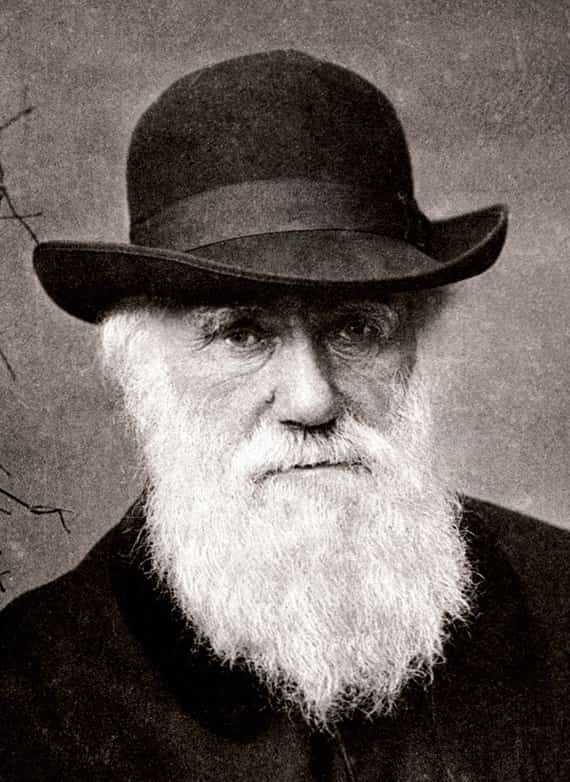
Otto Hahn
Otto Hahn, a distinguished German chemist and pioneer in the field of nuclear chemistry, is regarded as one of the world’s top scientists. Born on March 8, 1879, in Frankfurt-on-the-Main, Hahn made groundbreaking contributions to our understanding of atomic structure and radioactive decay.
Hahn’s research focused primarily on the transmutation of elements through nuclear reactions. In collaboration with Fritz Strassmann, he discovered several new isotopes and demonstrated that heavy nuclei could be split into lighter ones. This groundbreaking discovery laid the foundation for the development of atomic energy.
During World War II, Hahn found himself caught up in a moral dilemma when his research was exploited by Nazi Germany to develop nuclear weapons. Despite being pressured to continue his work for military purposes, Hahn chose to prioritize ethical considerations and withdrew from further involvement.
After the war, Otto Hahn devoted his efforts towards advocating for peaceful uses of atomic energy. He played a crucial role in establishing international agreements aimed at preventing nuclear proliferation and promoting scientific cooperation.
For his remarkable achievements, Otto Hahn was awarded the Nobel Prize in Chemistry in 1944 for “his discovery of the fission of heavy atomic nuclei.” His legacy continues to inspire future generations of scientists to explore new frontiers in nuclear science.
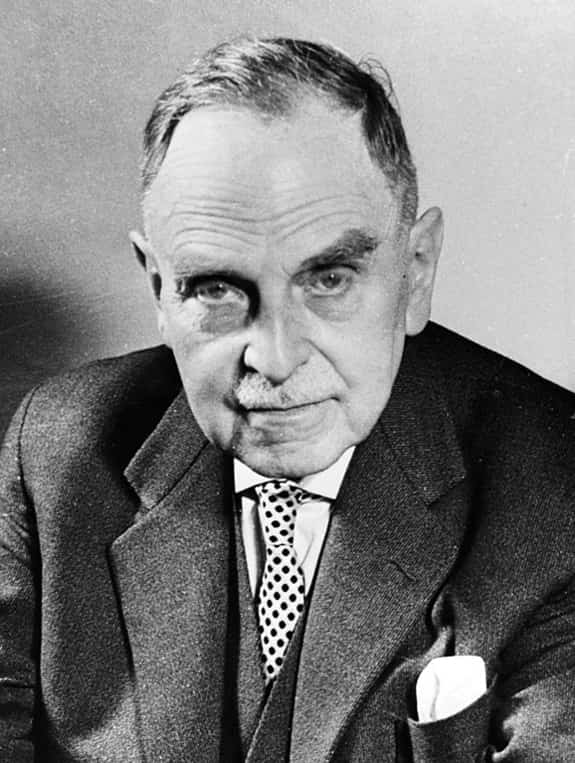
Nikola Tesla
Nikola Tesla, often hailed as one of the greatest inventors and scientists in history, left an indelible mark on the world with his revolutionary ideas and inventions. Born in 1856 in what is now Croatia, Tesla’s contributions to science and technology are still felt today.
Tesla was a visionary who believed in harnessing the power of electricity for the betterment of humanity. He played a crucial role in the development of alternating current (AC) electrical systems, which laid the foundation for modern power distribution. His work on AC power transmission made it possible to transmit electricity over long distances efficiently.
But Tesla’s brilliance did not stop there. He also made significant advancements in wireless communication and was even experimenting with wireless energy transfer before his time. Some of his other notable inventions include the tesla coil, induction motor, and remote control technology.
Despite his incredible contributions to science and technology, Tesla faced numerous challenges throughout his life. Financial difficulties plagued him at times, but he never let that deter him from pursuing his innovative ideas.
Today, Nikola Tesla’s legacy lives on through various technologies that we use daily. From our electric power grids to smartphones and Wi-Fi networks, we owe much to this extraordinary scientist whose ideas continue to shape our modern world.
As we reflect upon Nikola Tesla’s exceptional life and achievements, it is evident that he truly deserves a place among the top scientists in the world. His groundbreaking discoveries continue to inspire future generations of scientists and engineers who strive to push boundaries just as he did.
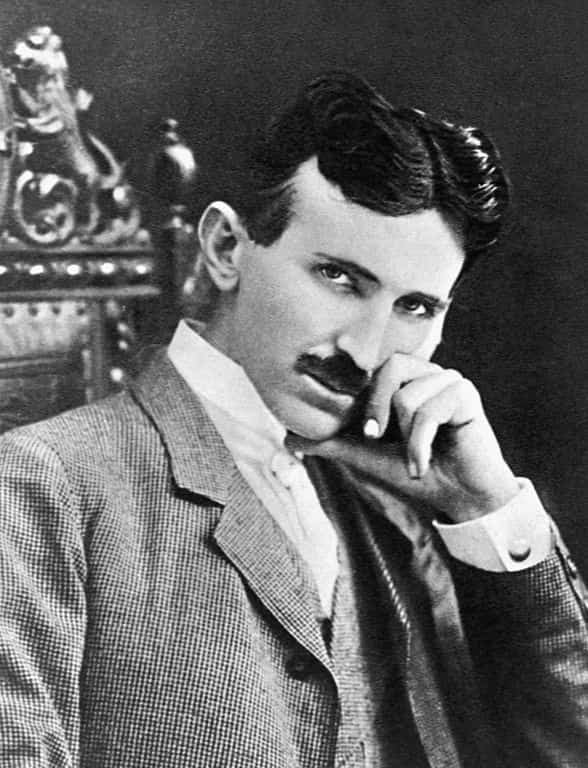
Thomas Edison
Thomas Edison, one of the most influential inventors in history, is known for his countless contributions to modern technology. Born on February 11, 1847, in Milan, Ohio, Edison’s innovative mind led him to create inventions that revolutionized our daily lives.
Edison’s most famous invention was the practical electric light bulb. Through relentless experimentation and determination, he developed a long-lasting incandescent light bulb that would transform the way we illuminate our homes and cities.
But Edison didn’t stop there. He also invented the phonograph, a device that could record and play back sound. This groundbreaking invention paved the way for modern music recording and playback devices we use today.
In addition to these remarkable inventions, Edison held over a thousand patents in various fields such as telegraphy and motion pictures. His contributions to science and technology have had an enduring impact on society.
Despite facing numerous failures throughout his career, Edison never gave up. He once famously said: “I have not failed. I’ve just found 10,000 ways that won’t work.” This quote reflects his unwavering persistence in finding solutions to problems.
Thomas Edison’s legacy continues to inspire generations of inventors and innovators around the world. His relentless pursuit of knowledge and dedication serve as a reminder that perseverance can lead to incredible achievements.
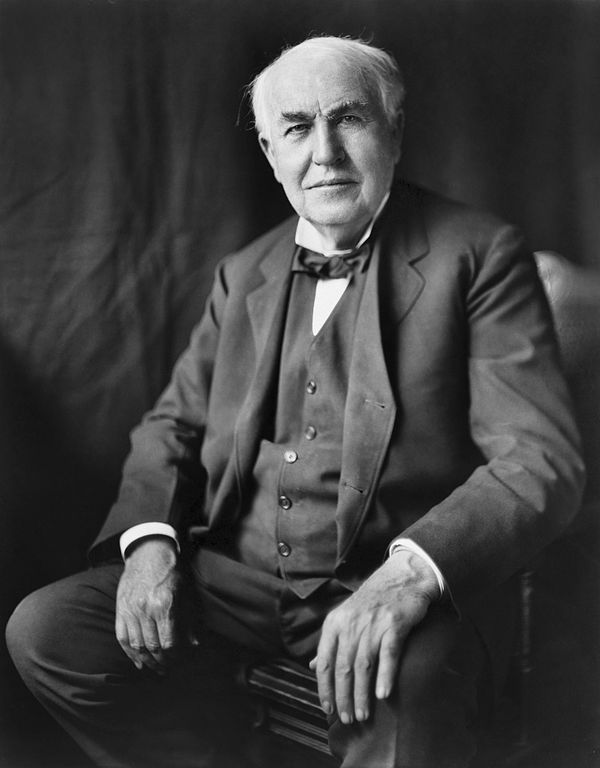
Aristotle
As we conclude our exploration of the lives of the world’s top 10 scientists, we cannot overlook the immense contributions made by Aristotle. Born in ancient Greece in 384 BCE, Aristotle went on to become one of history’s most influential thinkers and philosophers.
Aristotle delved into a wide range of subjects including physics, biology, ethics, politics, and metaphysics. His approach to scientific inquiry was characterized by observation and classification. He believed that knowledge should be based on empirical evidence rather than purely abstract reasoning.
One of Aristotle’s major achievements was his work on formal logic. He developed a system that laid the foundation for deductive reasoning, which is still widely used today. His logical principles became instrumental in shaping Western philosophy and science.
In addition to his groundbreaking work in logic, Aristotle also made significant contributions to fields such as biology and natural history. He studied various plants and animals extensively, documenting their characteristics and classifying them based on observable traits. This systematic approach formed the basis for future studies in taxonomy and zoology.
Furthermore, Aristotle’s ideas about ethics have had a lasting impact on moral philosophy. He emphasized virtues such as courage, justice, and temperance as essential qualities for leading a good life. His ethical teachings continue to influence discussions surrounding personal conduct and societal values.
Despite living more than two millennia ago, Aristotle’s intellectual legacy endures to this day. His writings continue to be studied by scholars around the world who seek wisdom from his profound insights into human knowledge and understanding.
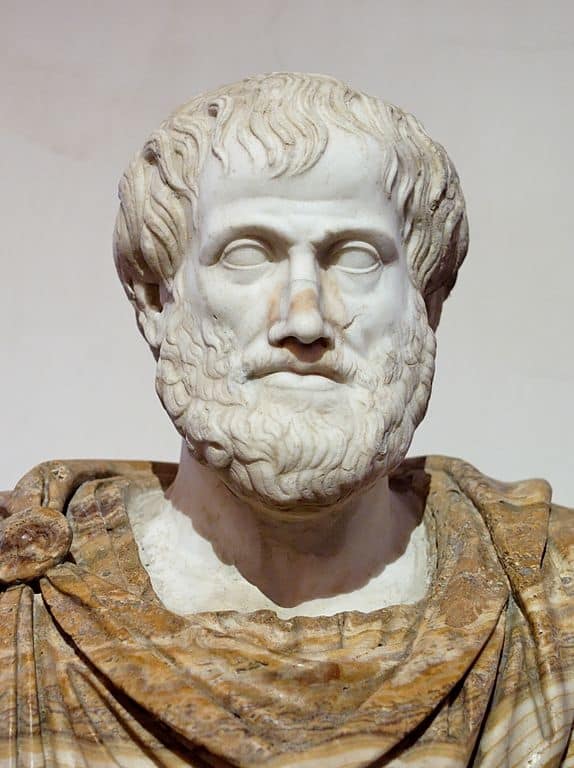
Conclusion:
The top scientists in the world are beacons of human achievement, illuminating the path of progress with their unwavering commitment to discovery and innovation. Their contributions span across various fields, from astrophysics to genetics, nanotechnology to neuroscience, and beyond. Through their pioneering efforts, these exceptional minds propel us toward a brighter and more enlightened future, reminding us that the pursuit of knowledge knows no bounds.
FAQs:
Q: What sets top scientists apart from others?
A: Top scientists possess a unique blend of curiosity, dedication, and innovation that drives them to push the boundaries of knowledge and make groundbreaking discoveries.
Q: How do top scientists contribute to society?
A: Top scientists contribute to society by advancing our understanding of the world, driving technological innovation, and addressing critical challenges such as disease, environmental sustainability, and space exploration.
Q: What impact do top scientists have on research fields?
A: Top scientists have a profound impact on their research fields by introducing new perspectives, innovative methodologies, and paradigm-shifting discoveries that reshape the trajectory of scientific inquiry.
Q: What role does collaboration play in the success of top scientists?
A: Collaboration plays a crucial role in the success of top scientists, as it enables the exchange of ideas, access to diverse expertise, and the pooling of resources to tackle complex scientific challenges.
Q: How do top scientists inspire future generations?
A: Top scientists inspire future generations through their accomplishments, perseverance, and commitment to pushing the boundaries of knowledge, motivating aspiring scientists to embark on their own transformative journeys.

